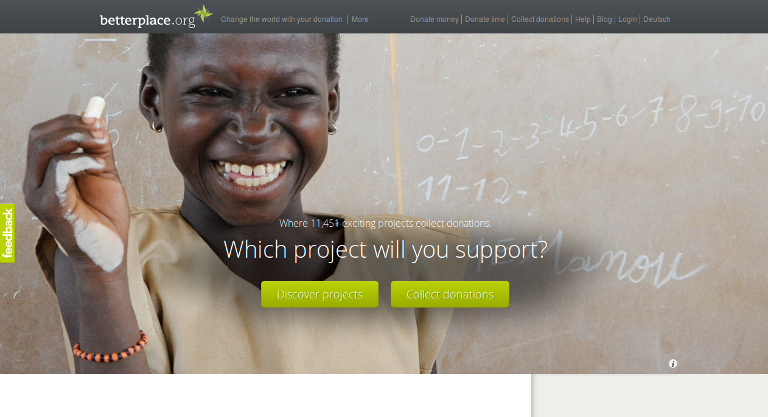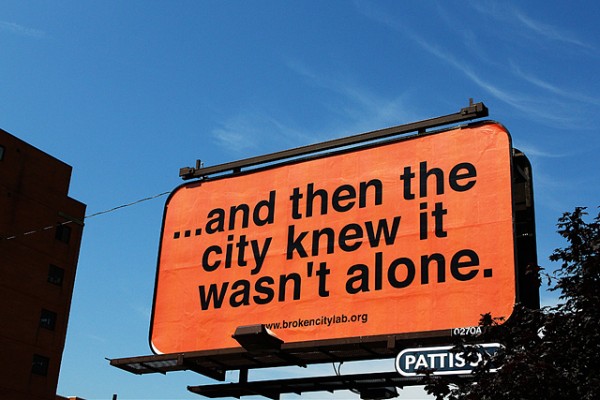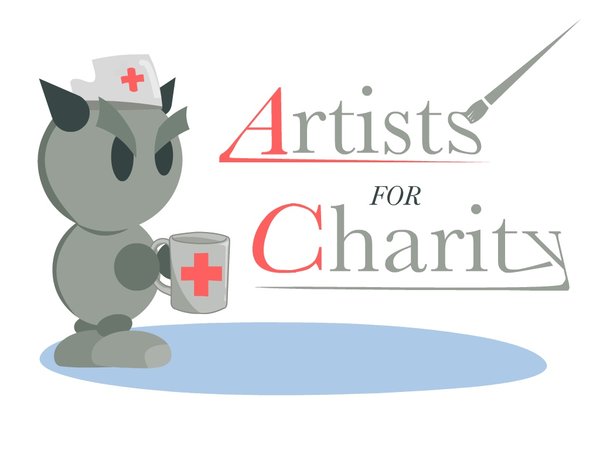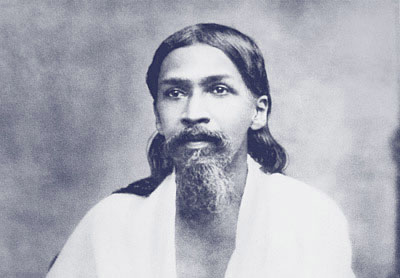In Germany, private philanthropy lags substantially behind the United States. The amount of charitable giving spikes at Christmas and during natural disasters, but otherwise remains relatively low: only 37% of the population donates at all. The vast majority of money donated goes to large organizations, such as UNICEF, the Red Cross, or disaster relief. Rather than build another online philanthropy platform, Till Behnke has developed a transparent, self-regulating online market place, betterplace.org, for small donors and small COs (Citizen Organizations), which he calls the web of trust. In this way, and by allowing users themselves to judge the credibility of COs and make informed donation choices he helps hidden social champions among the citizen sector to emerge: they can now actively make their voice heard in the investment market without being eclipsed by ineffective, but better-known welfare institutions. The project combines the rating systems based on “wisdom of the crowd” principles from sites like eBay or Amazon with the social networking techniques of sites like Linked-in. Betterplace allows Citizen Organizations to gain visibility when they successfully rally the support of beneficiaries, friends, and donors, who can in turn recommend the an organization via mouse-click and comments. Like Linked-in, reviews are visible for any user and include the reviewer’s proximity to the CO and unique to betterplace what his or her relationship is to the organization: be it donor, beneficiary, end user, competitor, or simply friend. This information allows users to interpret the ratings and comments in a new light. Thus, on betterplace.org, a web of trust and relationships visibly emerge that is radically transparent. Any user may decide whether she trusts the reviewers, which reviews she trusts most, and can thus make more confident choices about where to invest her money.  Website: http://www.betterplace.org/en The elevator pitch
Website: http://www.betterplace.org/en The elevator pitch
Germany’s better place
![]()
STAY IN TOUCH
SUBSCRIBE TO OUR NEWSLETTER
AND RECEIVE OUR LATEST STORIES
OLBIOS NETWORK FOR ACTION










